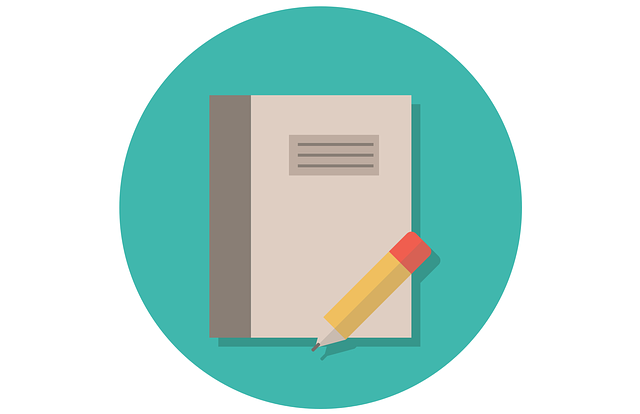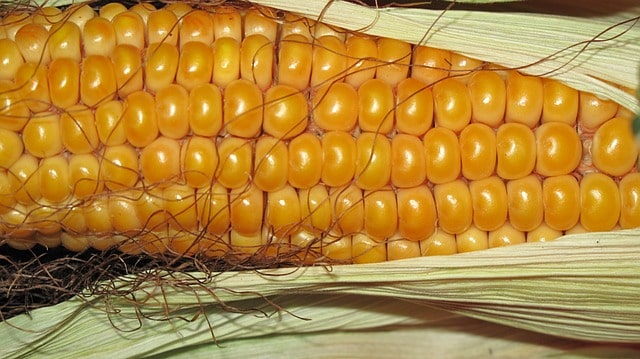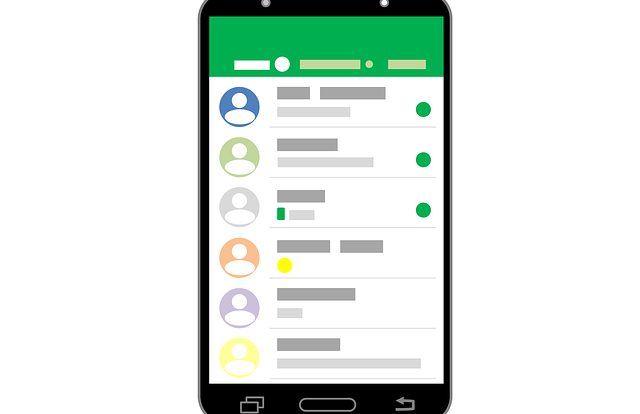Are you tired of eating the same old fried or scrambled eggs? If you want to upgrade your breakfast game, poaching eggs is a technique you must master. Hard-boiled eggs have a delicate, silky texture and are useful for a variety of dishes. In this article, we will guide you through the steps to poach an egg perfectly every time.
Understanding the Basics
Before we get into the process, let’s understand what it means to poach eggs. Poaching involves gently cooking an egg in boiling water without the need for any oil or butter. The result is a tender, runny yolk encased in a tough white.
Step by Step Guide to Poach Eggs Like a Pro
Choose Fresh Eggs
Start with fresh eggs because they hold their shape better during the poaching process. Fresh eggs also taste better than old eggs.
Preparation
Fill water in a saucepan and cook on low heat. You don’t want the water to boil too fast as this can cause the egg to break. Add a splash of vinegar to the water. This helps the egg whites come together faster.
Also Read> How to Get Rid of Hiccups
Crack an Egg
Crack an egg into a small dish, like a bowl or ramekin. This step is important because it allows you to inspect the egg for any shell fragments or abnormalities. This also makes it easier to drop the egg into the boiling water without breaking the yolk.
Create a Small Vortex
Swirl lightly with a spoon in the boiling water. This activity helps the egg white wrap around the yolk, giving the hard-boiled egg its classic shape.
Add Egg
Slide the broken egg slowly into the middle of the swirl. The circulating water will aid in the wrapping of the egg white around the yolk, ensuring a neat and compact cooked egg.
Time is Important
The time it takes to cook a hard-boiled egg depends on how thin you prefer the yolk. For soft, runny yolks, cook the eggs for about 2-3 minutes longer. If you prefer a harder yolk, cook it an extra minute or two.
Remove and Serve
Using a slotted spoon, carefully lift the boiled eggs out of the water, allowing excess water to drain. Gently place it on a paper towel to absorb the excess moisture. Serve immediately on toast, with avocado, or as a topping for salads.
Helpful Tips
Egg poaching can be a bit tricky, especially if you’re new to this technique. Here are a few usual problems and how to avoid them:
Egg Spreading
If your egg expands in the water instead of keeping its shape, it may be because the water is boiling too quickly. Lower the heat to a gentle boil before adding the eggs.
Watery Whites
If your cooked eggs have watery whites, it may be due to using old eggs. The white part of fresh eggs is tough, which keeps its shape better during poaching. Additionally, adding a splash of vinegar to the water can help the whites set faster.
Overcooked Yolk
If you find that your yolk is overcooked and not runny, reduce the cooking time by a minute or two. Keep in mind that timing may vary depending on the size of the egg and the desired consistency of the yolk.
Conclusion
Now that you know the secret to poaching eggs, you can impress your friends and family with perfectly cooked eggs every time. With a little practice, you’ll be able to master the technique and enjoy the deliciousness of hard-boiled eggs in a variety of dishes. So go ahead, give it a try, and elevate your breakfast or brunch experience!






